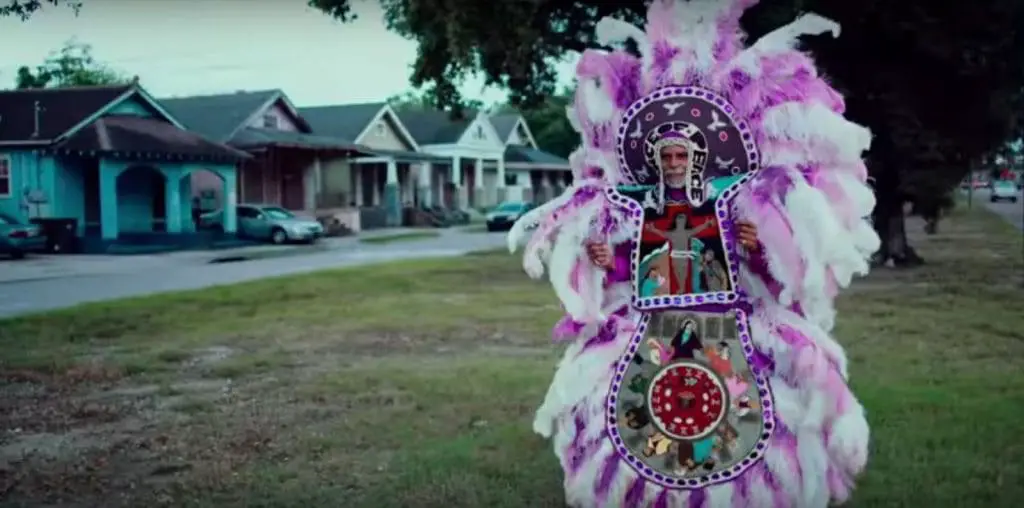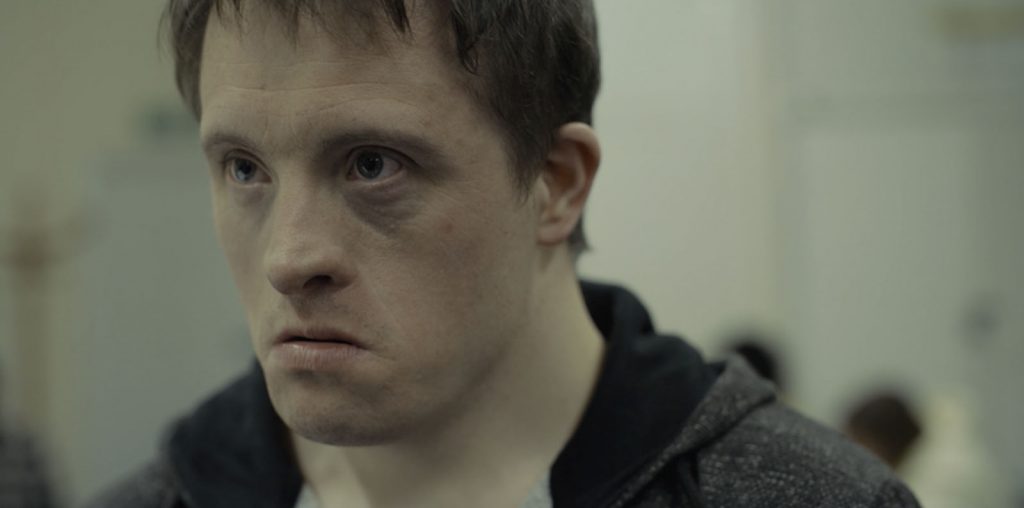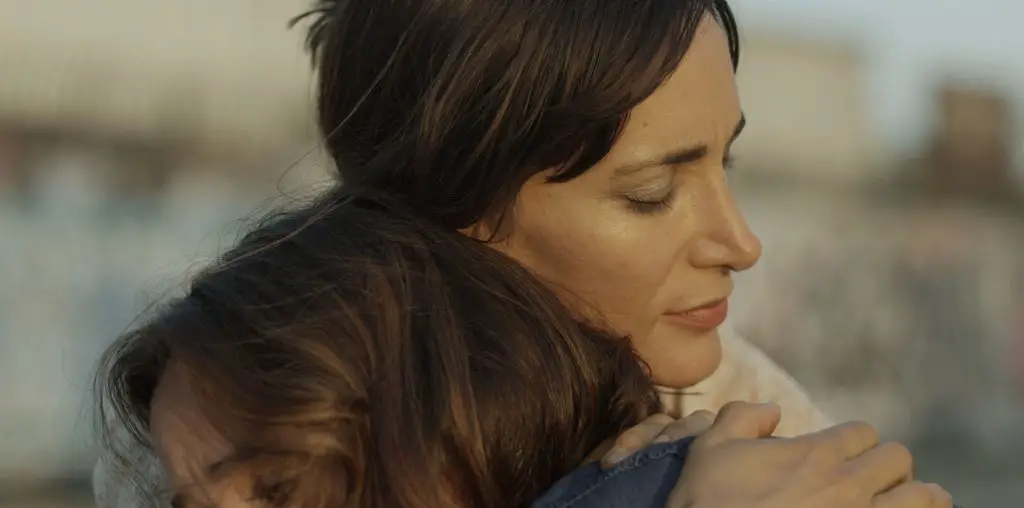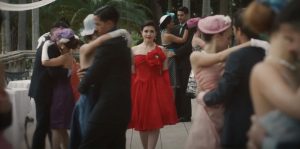
The acting is also quite superb. Ana Golja is the perfect mix of sincere, smart, and just a bit naive, so the audience believes that her character would cross these personal boundaries, even with the best of intentions. It helps that her chemistry with Louis Gossett Jr. is fantastic. Their bonding and friendship feel completely real. Gossett Jr., who has not slowed down a day since his start in 1957, is just as excellent as ever. Gossett Jr. plays that sense of fond remembrance and confusion when he’s snapped back to reality in a heartbreakingly realistic way. It is a tricky thing to pull off, as too much one way or the other would mean the character is either too hardened to root for or too cartoonishly happy given his deteriorating health. But pull it off Gossett Jr. does, and the audience is on his side every step of the way.
The rest of the cast of The Cuban is no slouch, either. Despite a few writing issues concerning Aunt Bano, Aghdashloo is nothing less than stellar. She balances the overworking, too stern parental cliche with genuine love and concern for her niece’s well being. When she asks Mina to turn down the music because she has a headache from a long day at work, it’s not malicious, she just wants some quiet in her home. Gianniotti is sweet and fun as Kris. When he shows up to the assisted living facility, guitar in hand, to help Luis, his desire to help, not just impress Mina, is fully felt. Later on, when he’s (understandably) explodes when talking to Mina, who had been ignoring him for a bit, his anger is rooted in reality, not just for cheap drama. The actor nails it, even if his part is a bit underwritten.
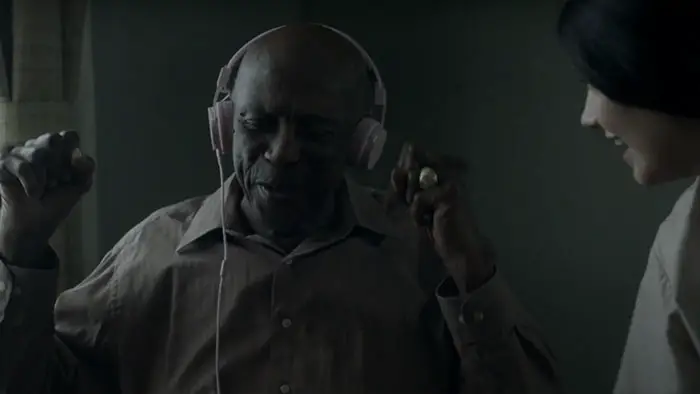
“…Gossett Jr…is just as excellent as ever.”
While The Cuban is well directed and perfectly cast, it does suffer a bit in the writing. Without giving too much away, it kind of feels like the movie was initially 150-minutes and had to be whittled down to under two hours. It’s at least an hour into the drama when the audience is told that Mina and her aunt are Muslim. Given how little it affects the story, even after this, there is only one scene of prayer at a mosque, it is strange to even bring it up. My theory is that scenes left on the cutting room floor expanded on this. Or a scene where Bano has lunch with a cousin, or the wife of a cousin, or some such. It leads nowhere, and the extended family members, aside from the one who owns a restaurant, do not add anything story-wise. Again, with how abrupt certain things are (“Did you hear my daughter is getting married?”), it feels like those scenes are left out.
Finally, in the writing section, there is the fact that the audience never really sees Mina interact with the other residents, nor in class. Heck, there’s only one or two scenes of her studying, as it is so focused on her relationship with Luis. This begs the question, what is it about this particular person versus the others living at the facility that got to her in such a way? The directing and acting are so good, though, that this hardly hurts the credibility of the central relationship, but it does detract from it a tiny bit.
The Cuban does not develop everything in its screenplay to complete satisfaction. But what’s there is very good and believable. Combine that with the jaw-dropping directing and visual style, along with the pitch-perfect cast, and you are left with a compelling drama that is well worth it, flaws and all.
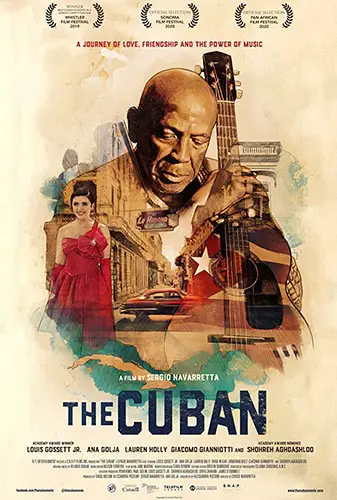
"…perfectly captures the dementia-stricken mental state in a visually engaging and dynamic way."
